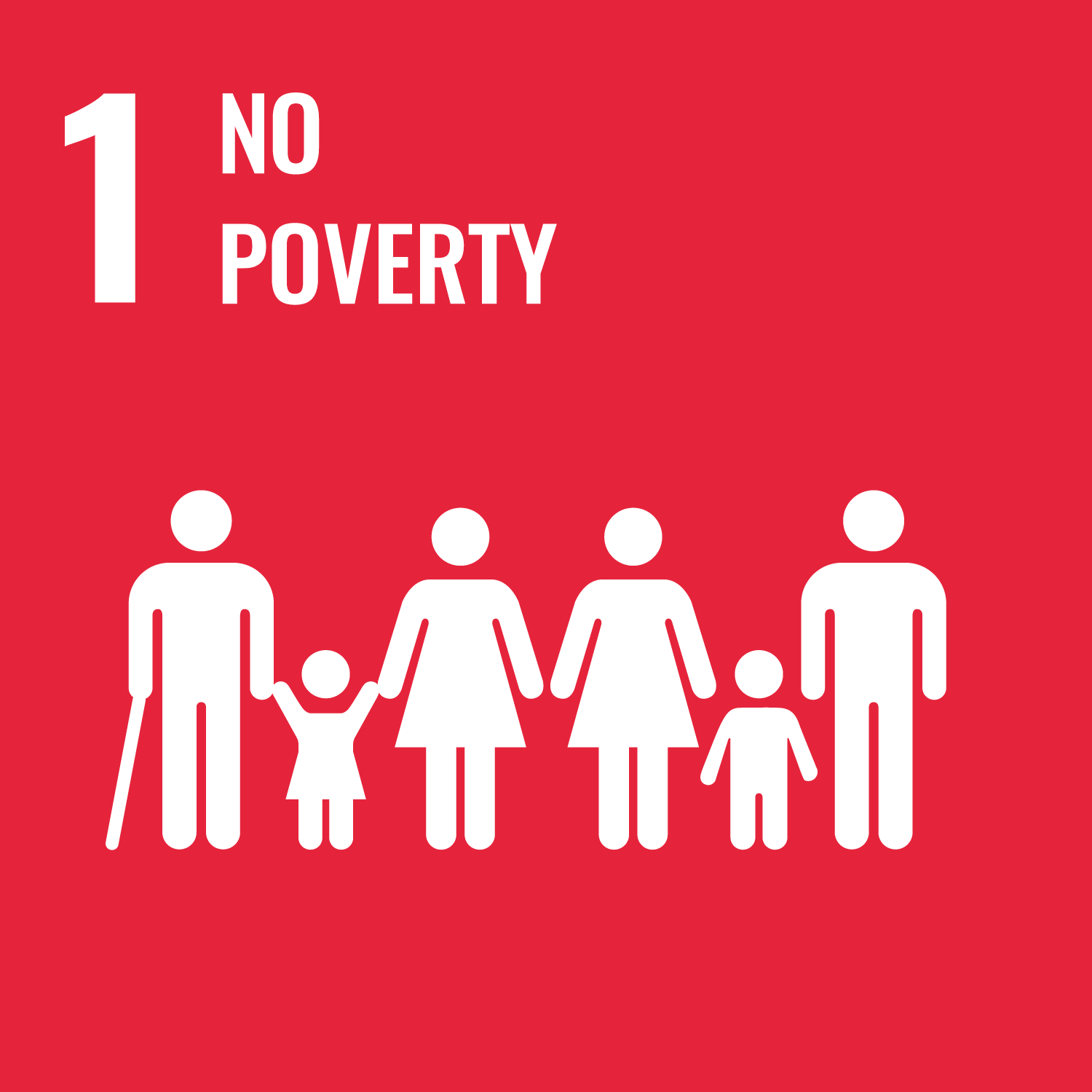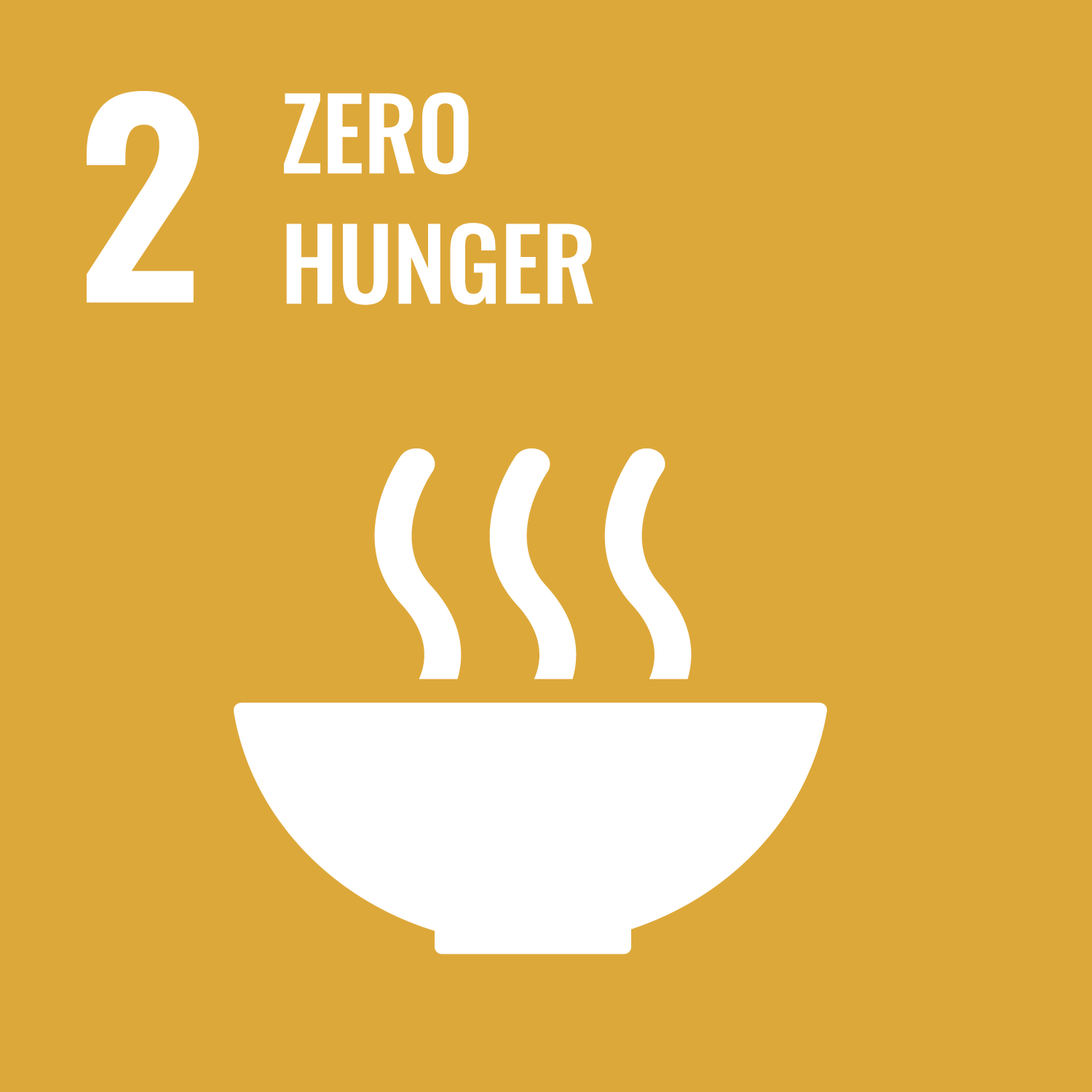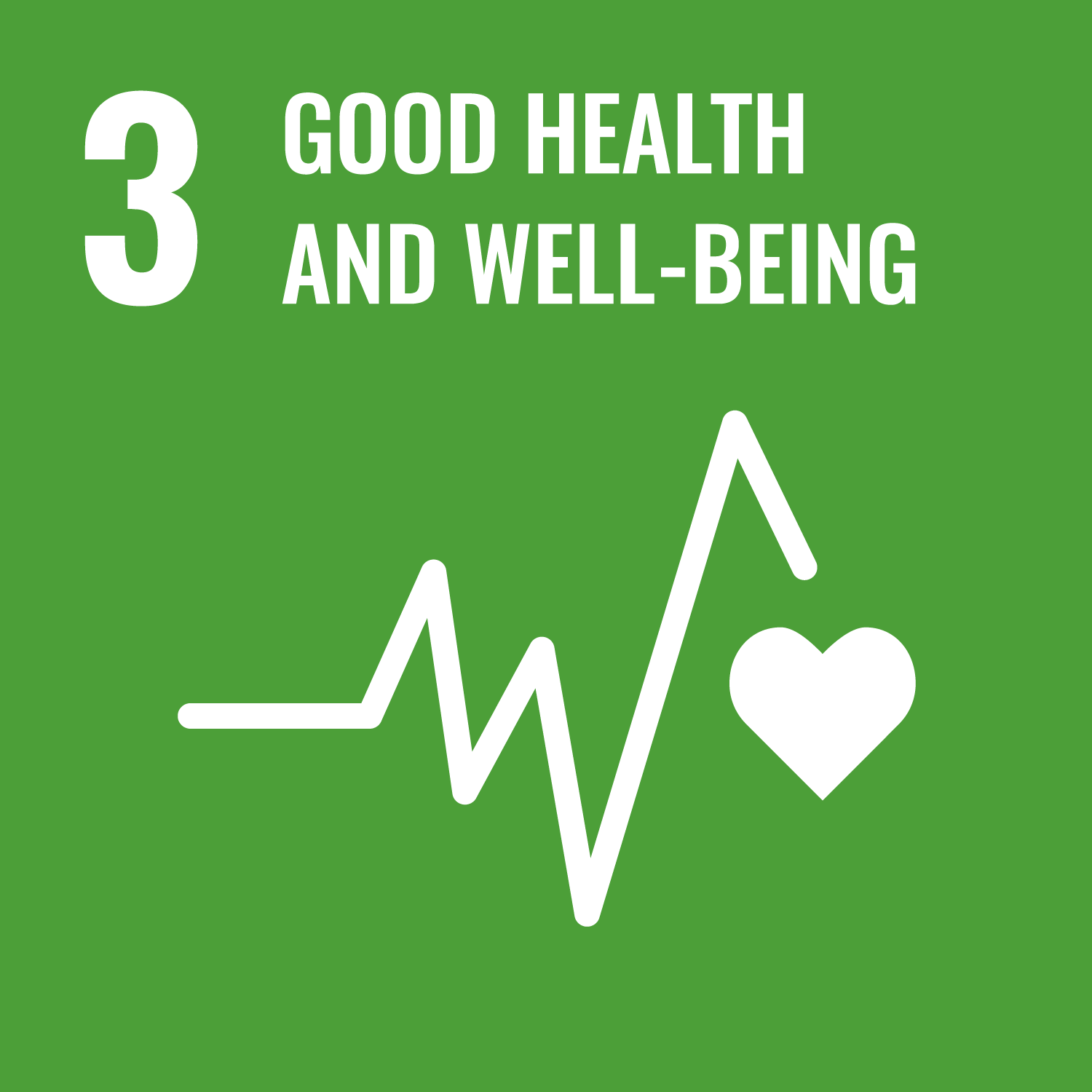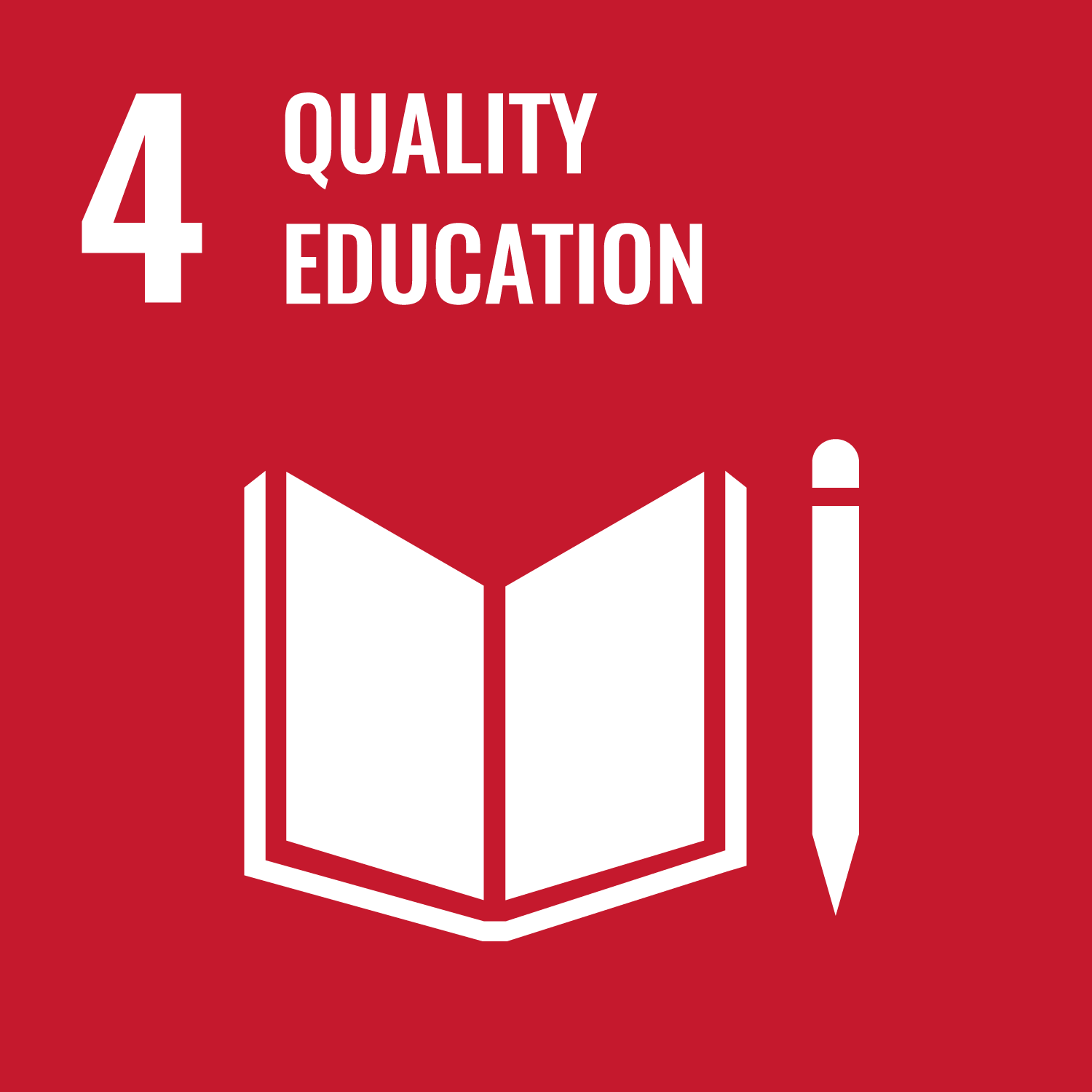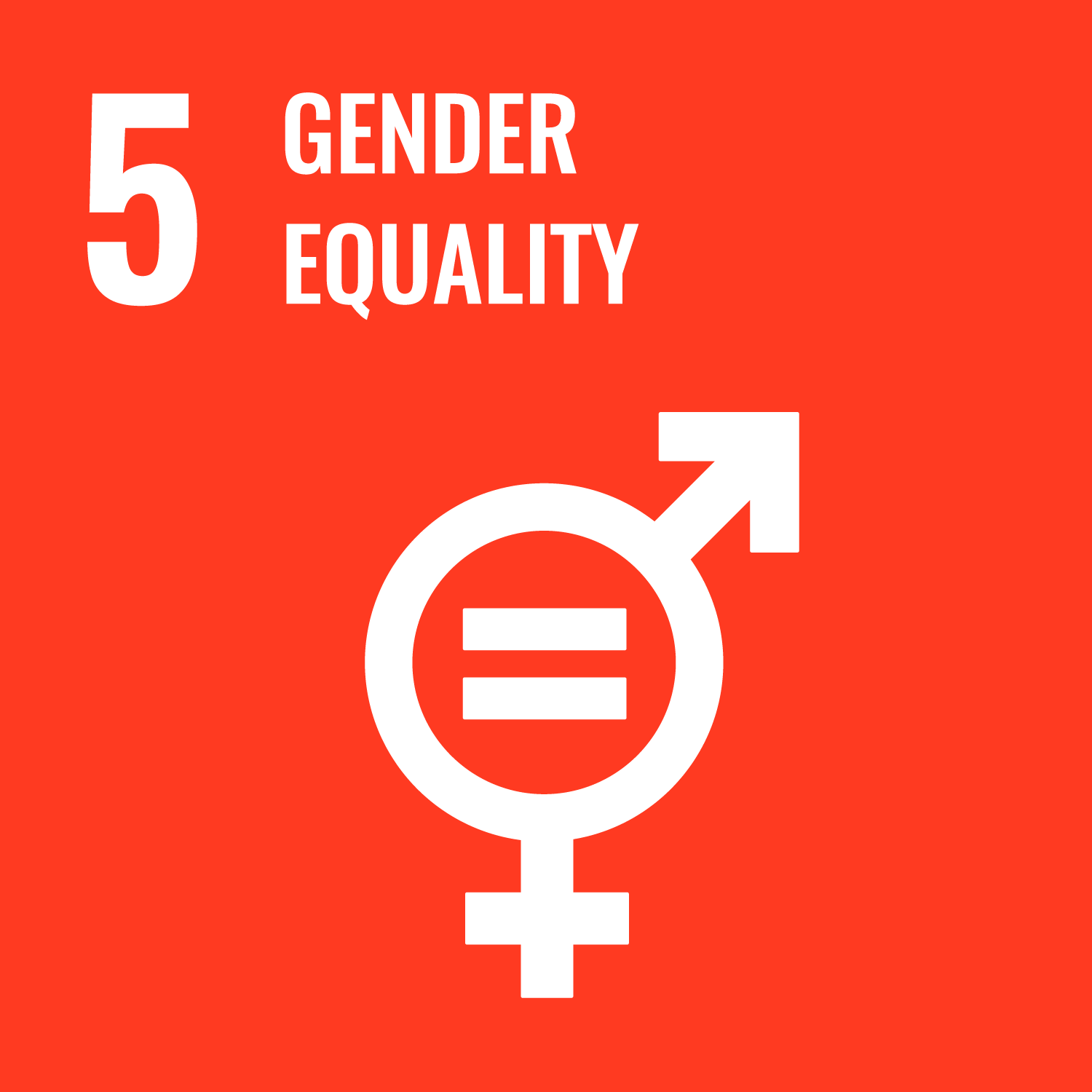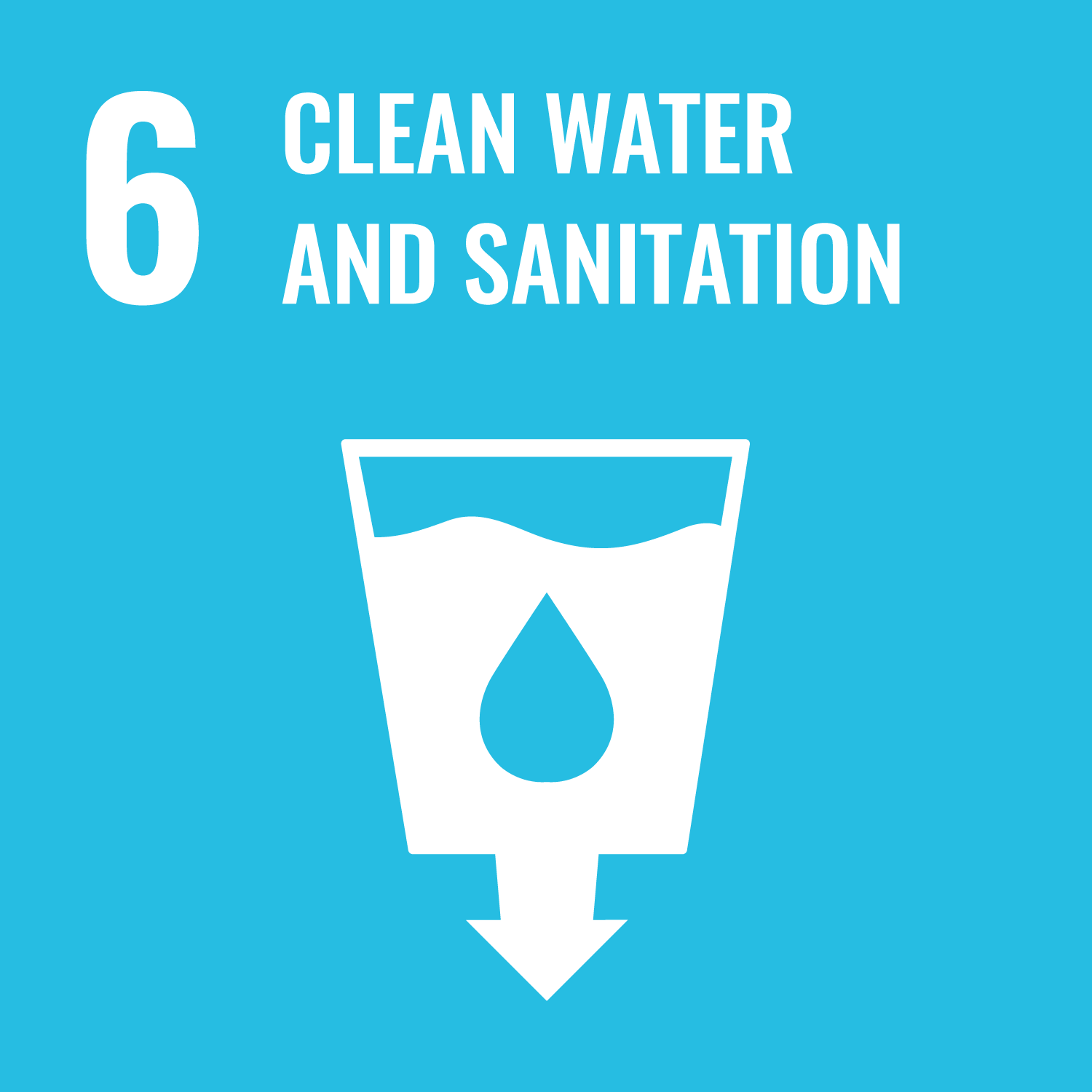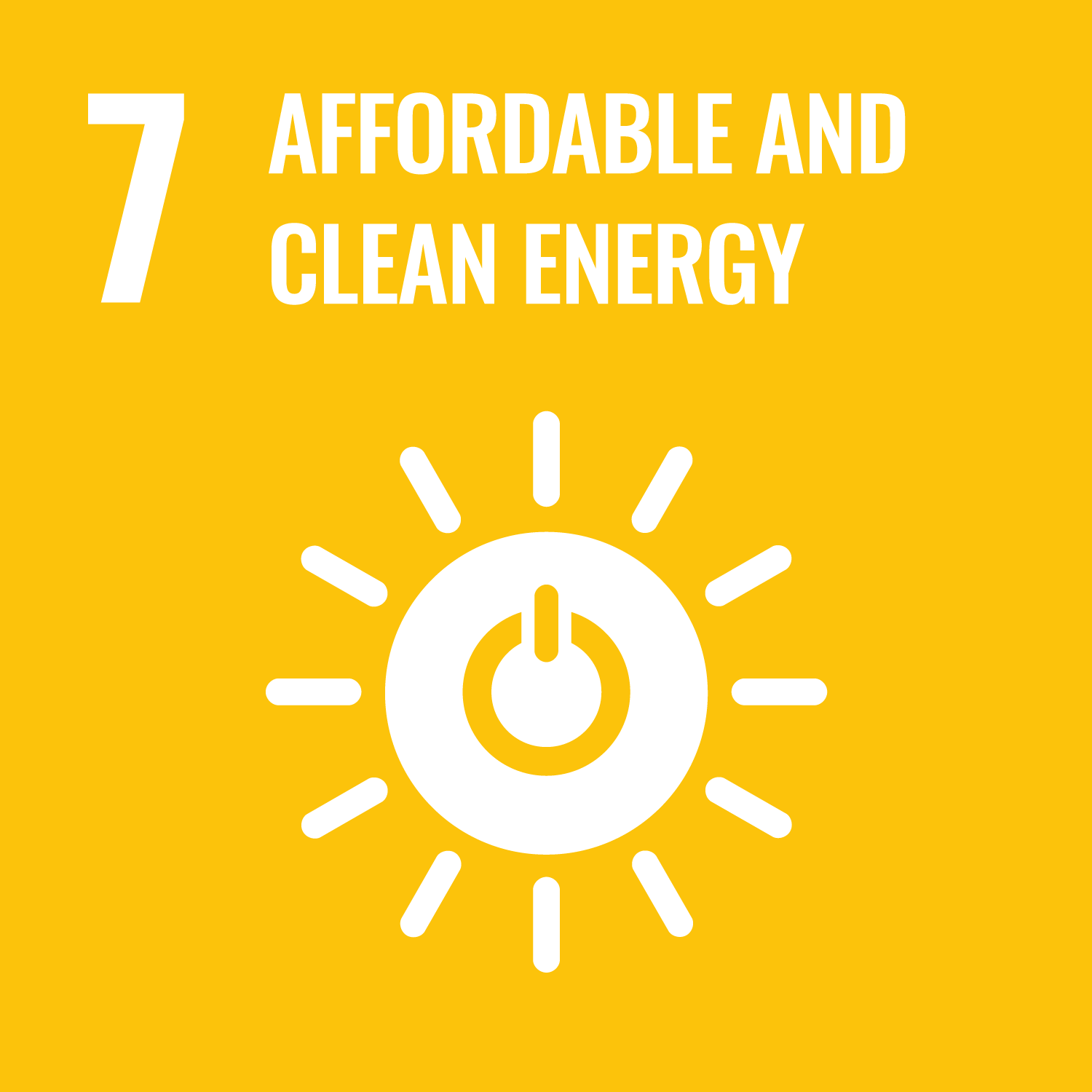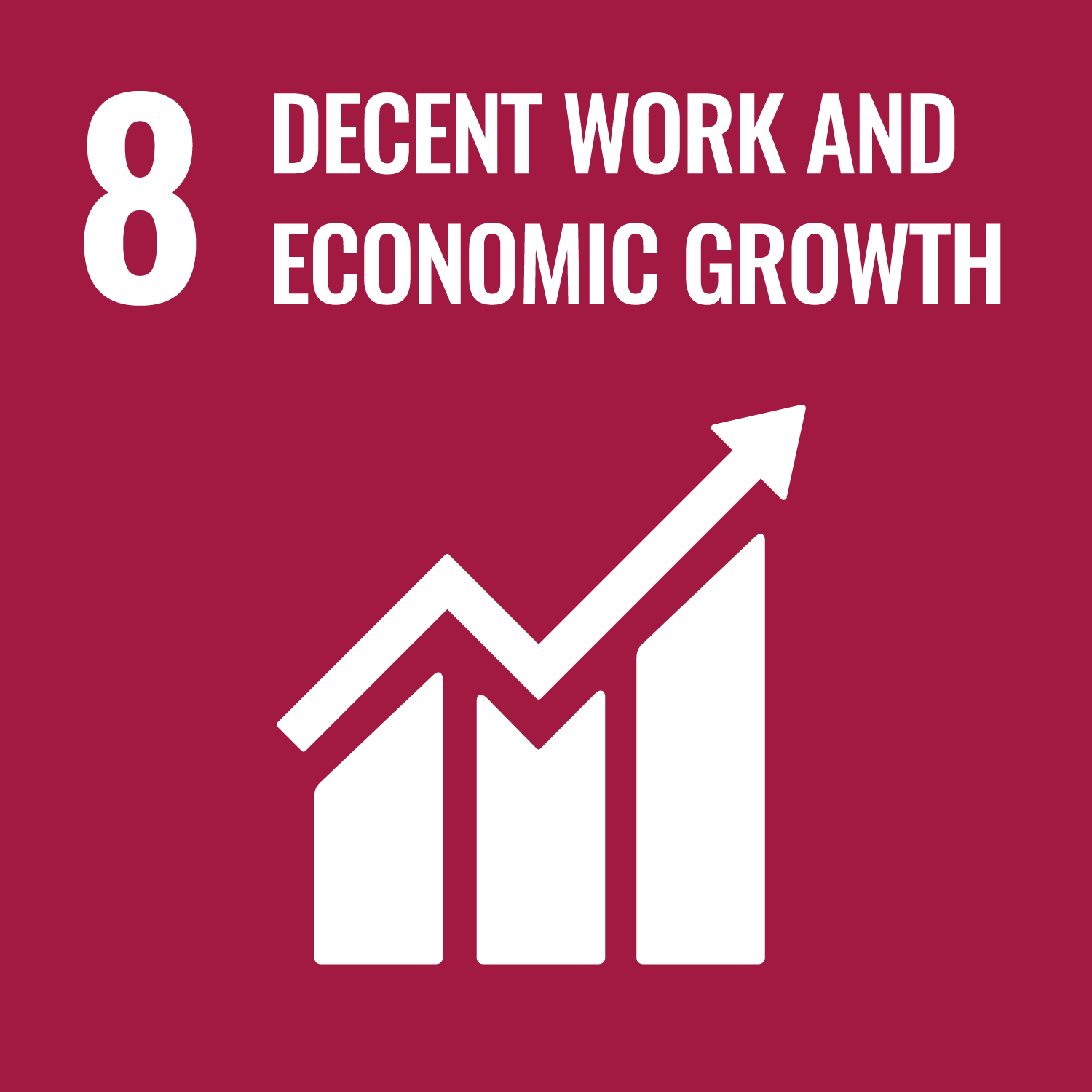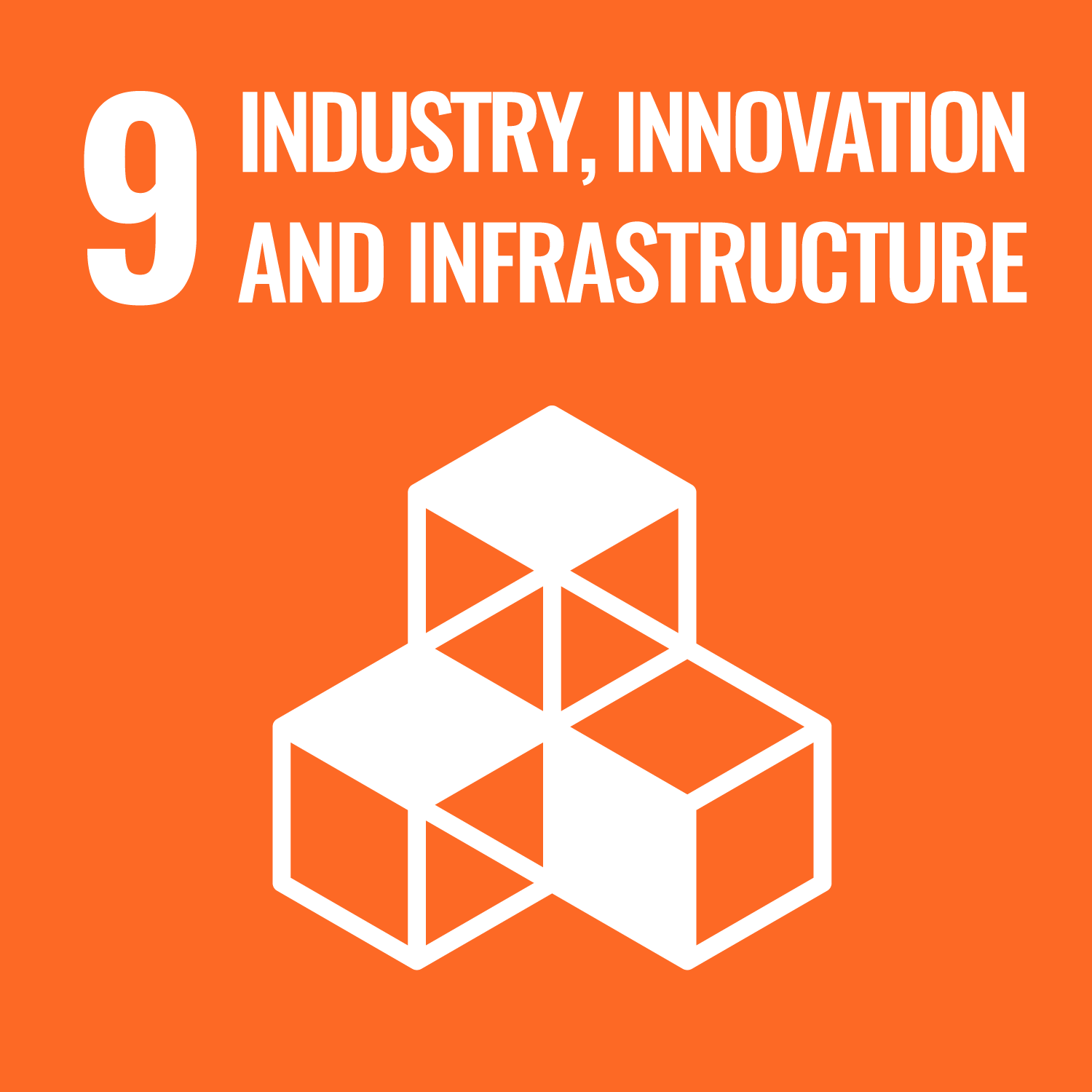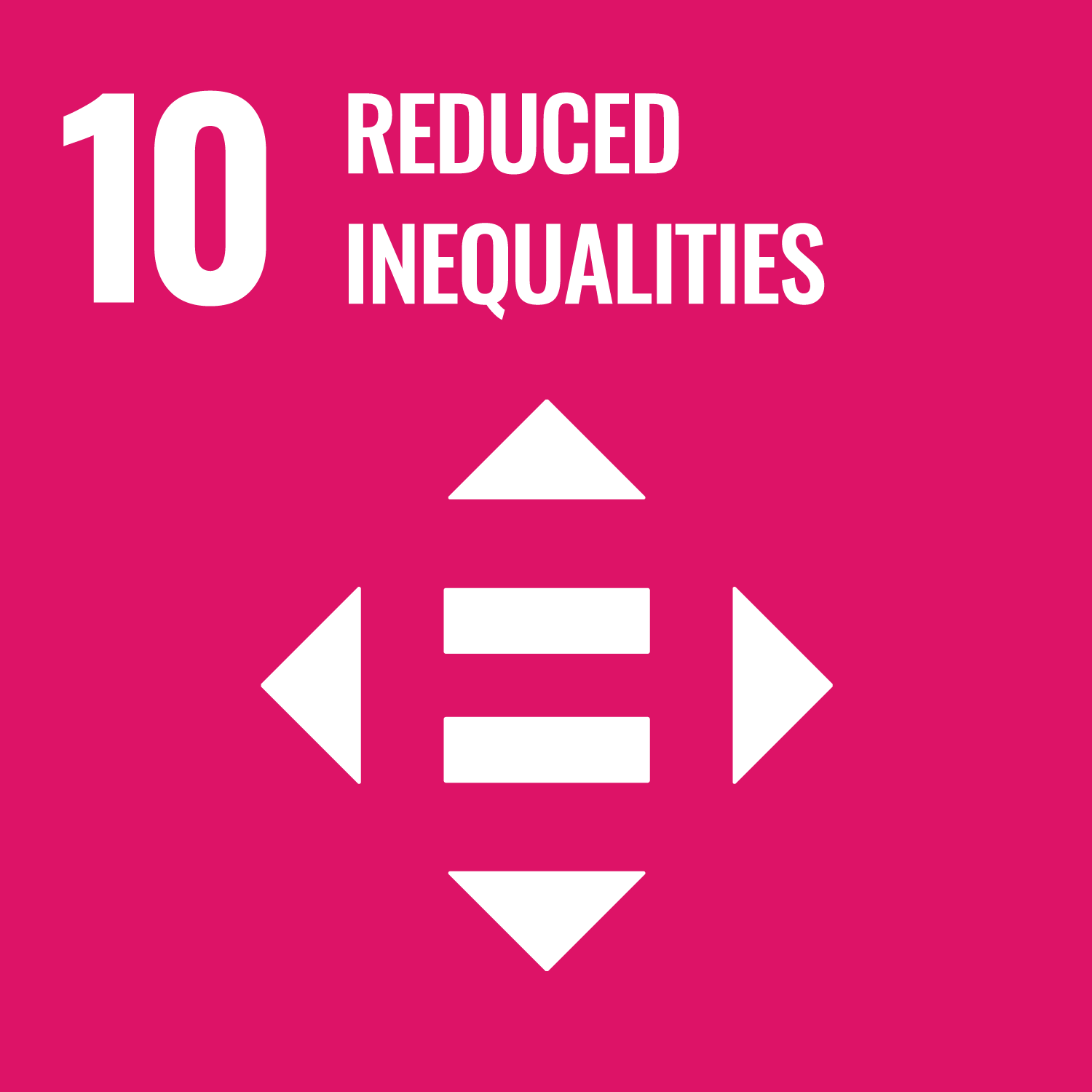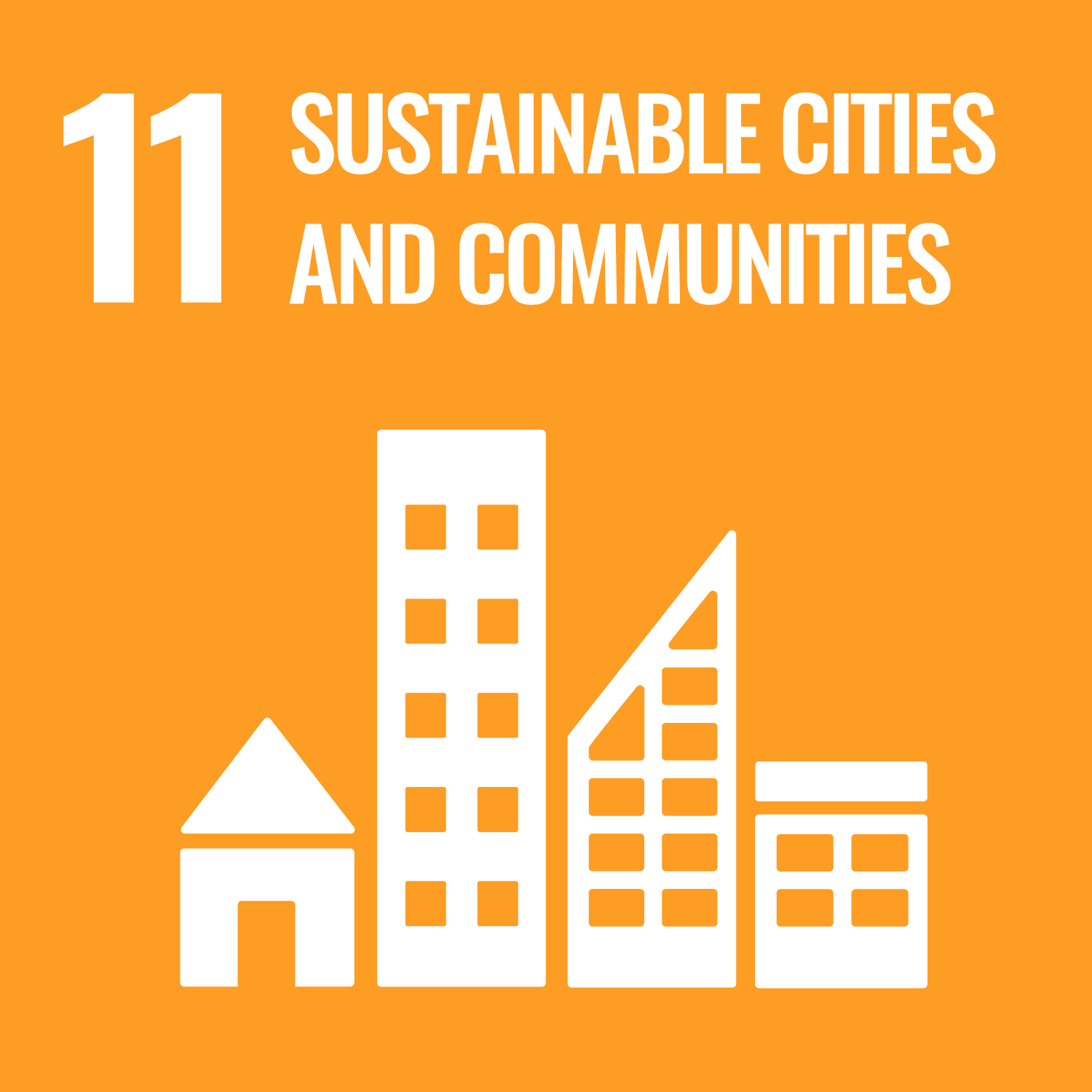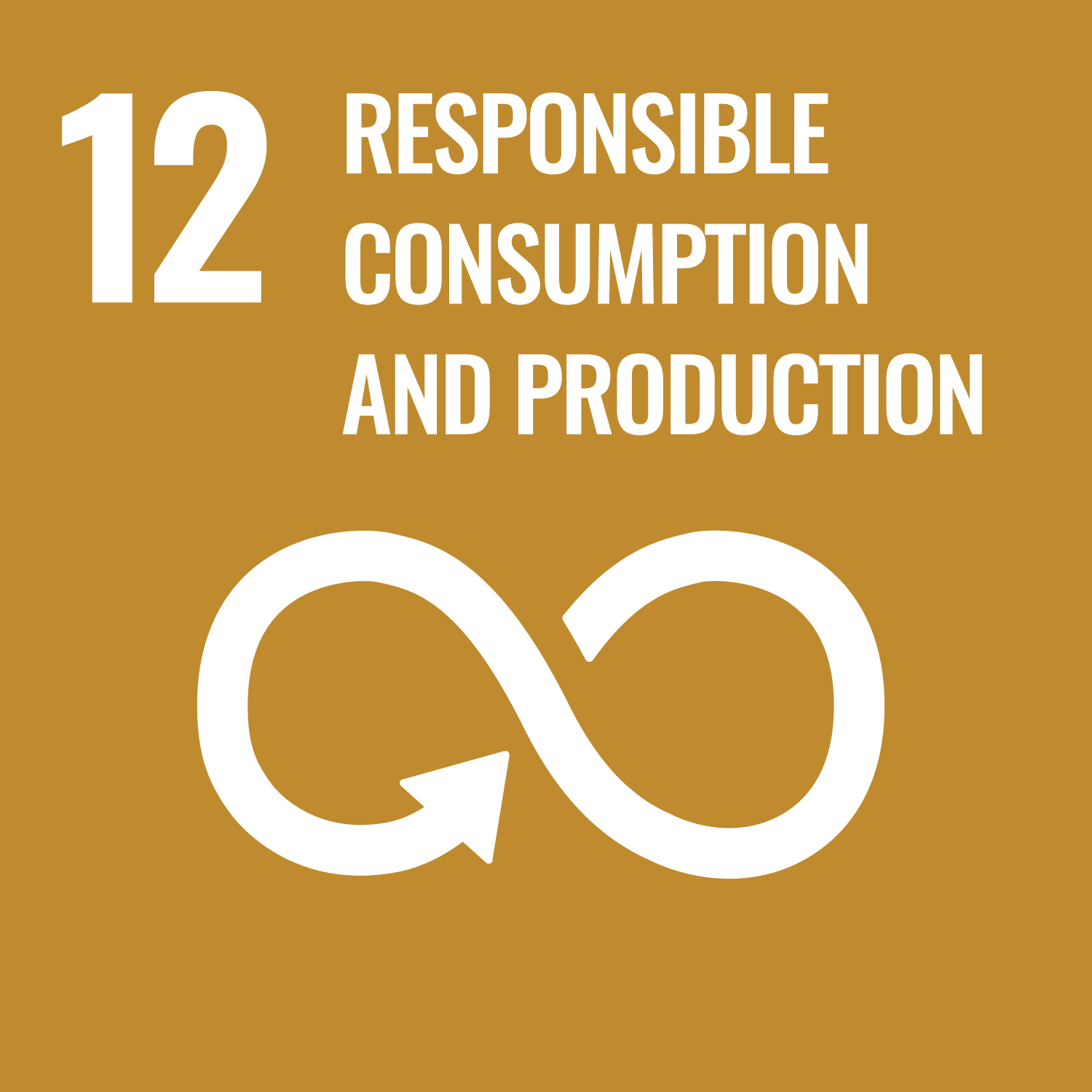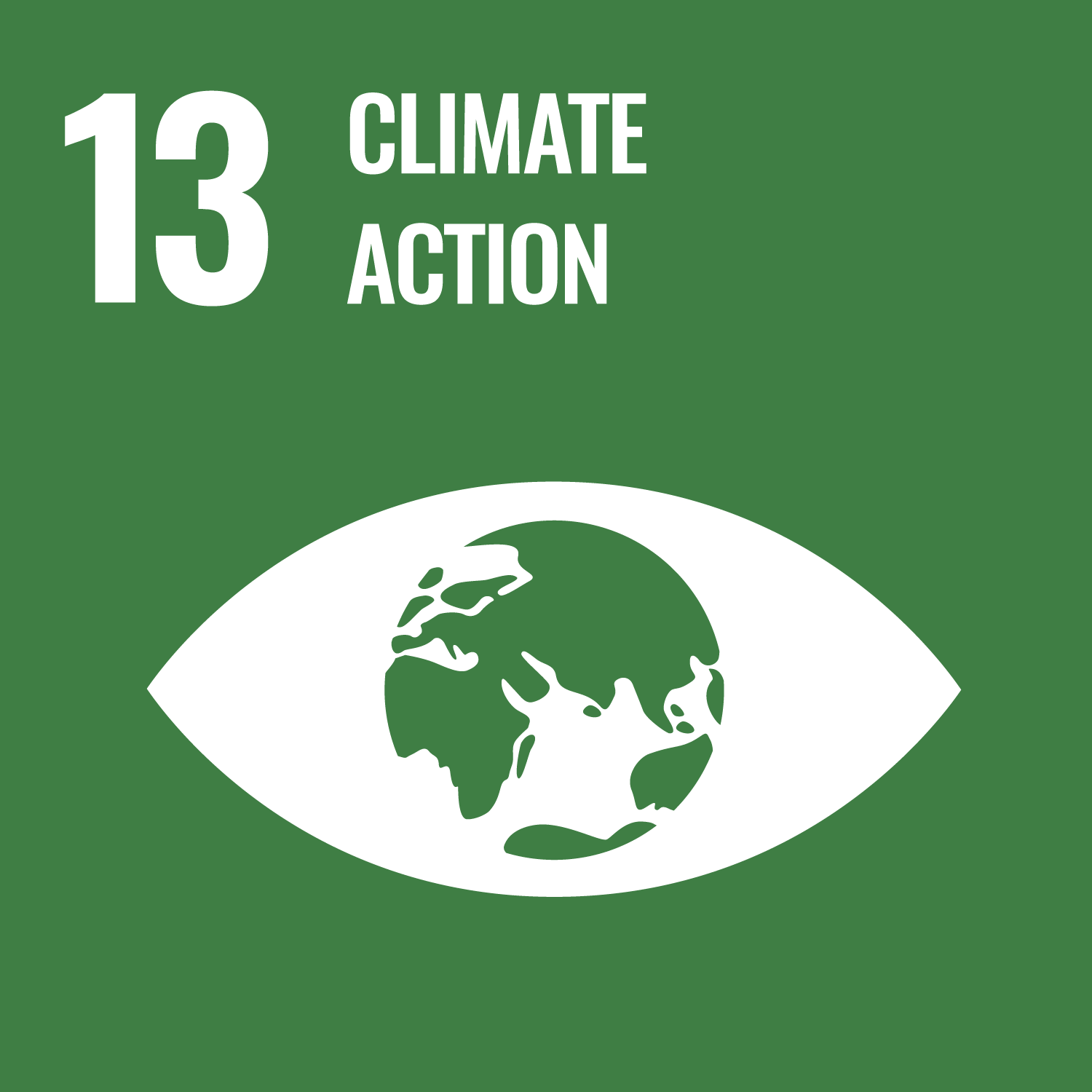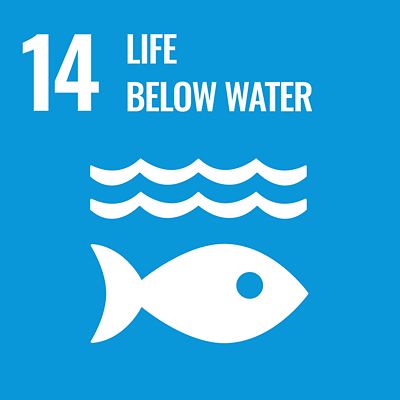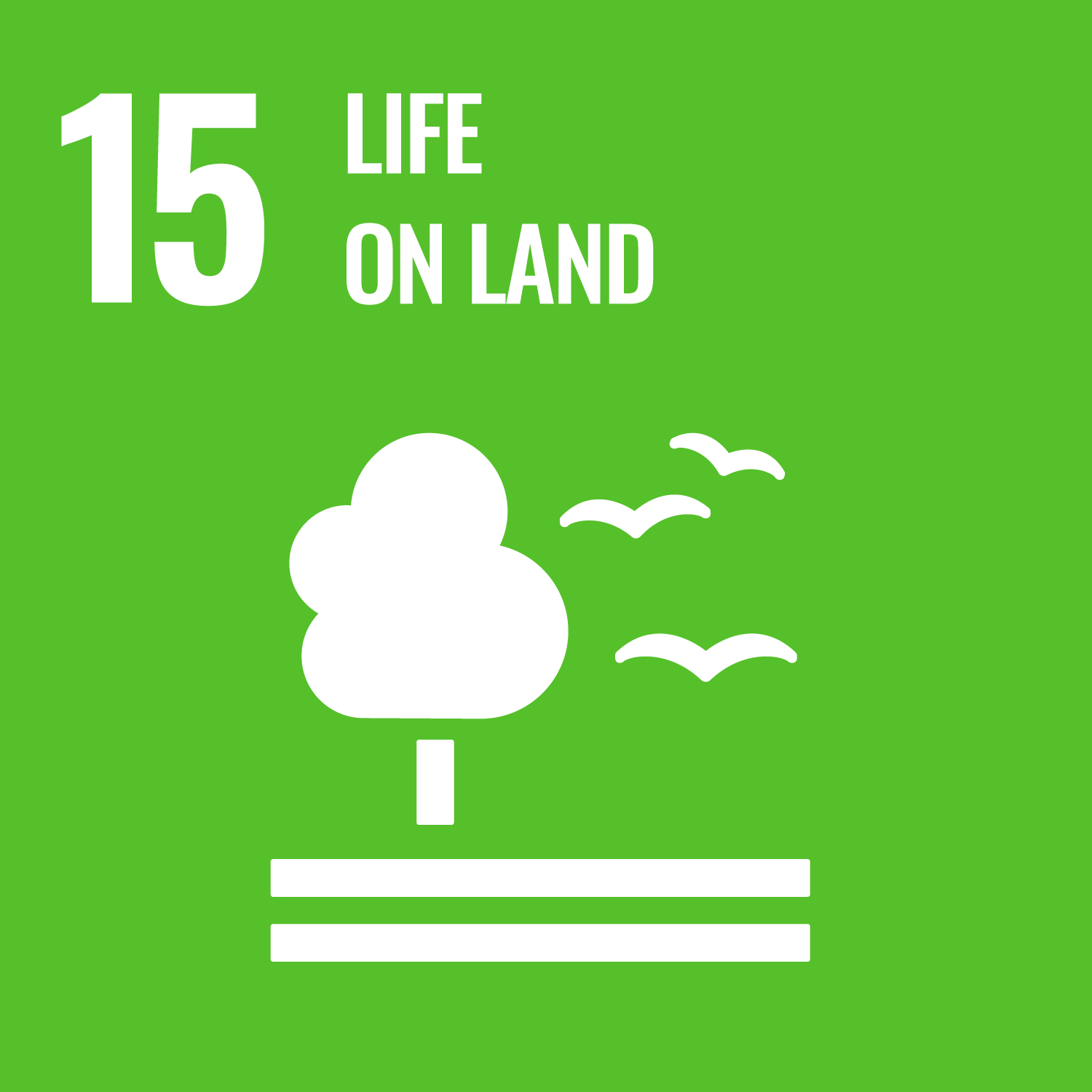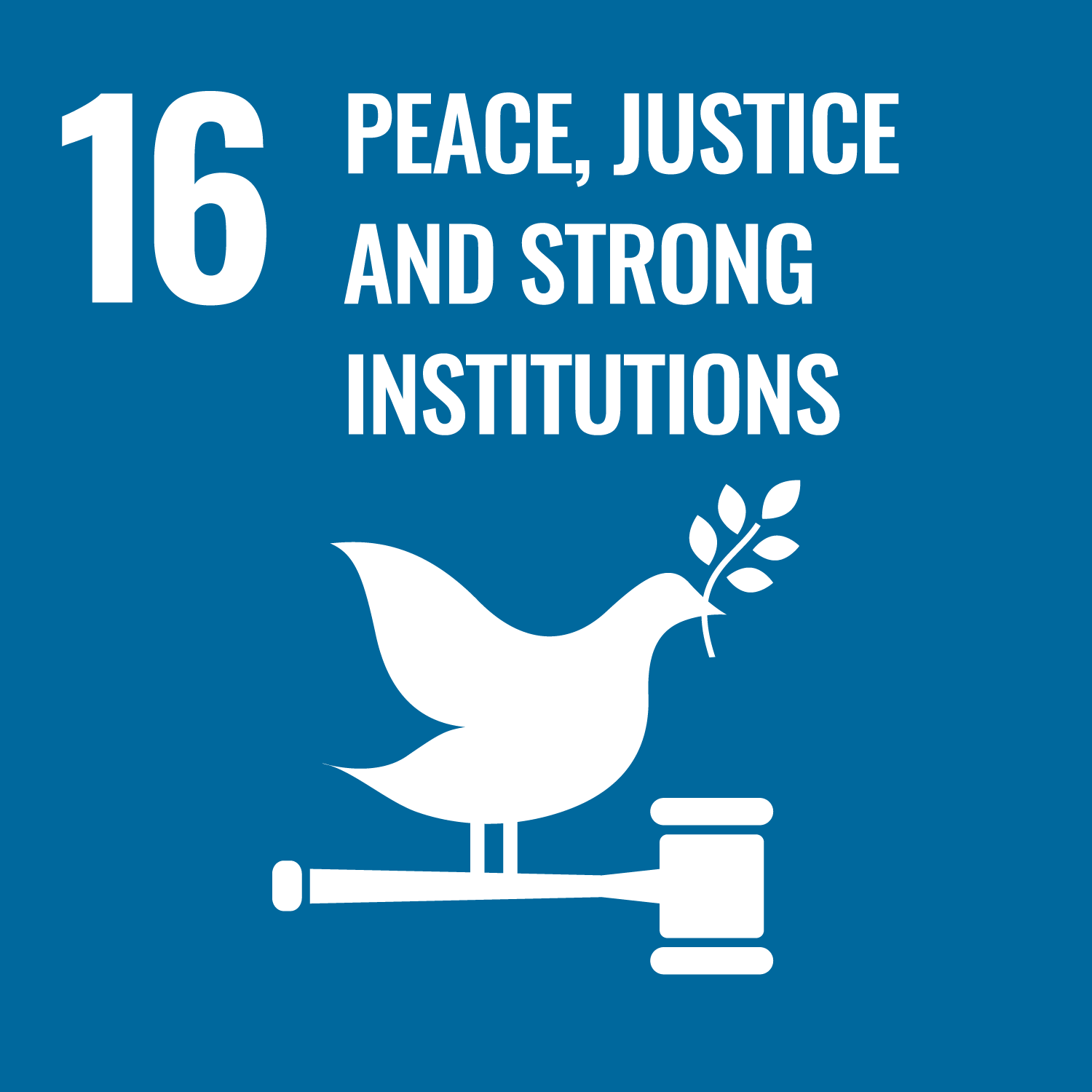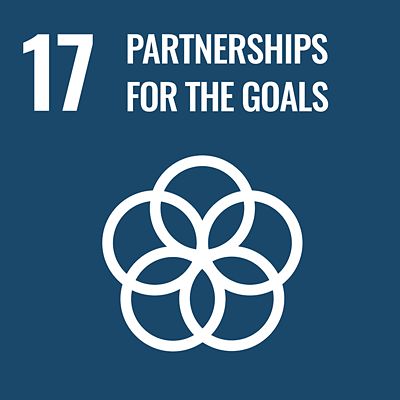At RMIT Vietnam, we nurture a strong research culture by promoting cross disciplinary collaborations at institutional, regional, national, and international level.
Research clusters
In a constantly changing and complex research landscape, complementary expertise from many disciplines is often needed to address societal needs. Research at RMIT Vietnam is structured around research clusters that promote multidisciplinary collaboration across the three schools. Each Research Cluster brings together academic staff and PhD students to contribute high quality research that contributes solutions to complex regional issues.
We connect our researchers across disciplines into various research clusters across the three Schools. These clusters bring staff and students from different backgrounds to harness resources and expertise to the benefit of high quality and relevant research clusters.
- Sustainable development
- Managing smart transformation
- Logistics & supply chain management
- Scholarship of learning in higher education & organisations
- Development economics & emerging markets
- Tourism & hospitality
- Engineering and IT Education
- Smart Cities
- Sustainable Development
- Cities & Urbanism
- Creativity, Heritage & Society
Cross-cutting research themes
RMIT Vietnam promotes multidisciplinary research teams across schools to conduct research with a focus on impact in the areas of Sustainable Development, Digital Transformation and Smart Cities.
Using the definition provided by the United Nations, calls within this theme should cover topics related to sustainable development.
The United Nations Education, Scientific and Cultural Organization (UNESCO) defines sustainable development within society, environment, culture and economy – which are often intertwined and multidisciplinary in nature. Sustainable development is often referred to as the achievement of current goals without comprising the ability of future generations to prosper. It is this underlying principle that underpin the Sustainable Development Goals.
Topics can range from sustainable development in agriculture, supply chain management, fashion and textiles, food security, environment and climate change, cultural heritage, circular economies and urban development and hospitality and tourism.
The term "Smart Cities” refers to an intelligent, user-friendly adaptive urban system with interconnected elements and a strong relationship between all stakeholders, such as people, government, infrastructure and business.
The benefits of smart cities is the innovative way in which it solves community problems through the rapid development of technology, with communication as a fundamental element.
This research theme greatly benefits Vietnam as it provides a deep understanding of the nature of smart cities and gives a fundamental strategy to convert cities in Vietnam to the smart city concept. Topics can range from water and electricity supply, waste management, urban mobility and transport, housing, good governance including e-Governance, safety and security of citizens, health and education, and arts and culture.
Digital Transformation focuses on the transformation and integration of all value-chain partners into digital networks, involves artificial intelligence, technology, exchange of data, and robotics in addition to nano or biotechnological solutions. Digital Transformation, and the capacity of SMEs in Vietnam to implement technology will be critical as countries recover from COVID-19.
Digital Transformation is a key strategy for Vietnam to ensure it can escape some of the challenges that face emerging economies and ensure that the skills of youth and entrepreneurship are leveraged as the country transitions to Industry 4.0.
Topics can range from the implementation of technology in emerging markets, education, entrepreneurship and innovation, logistics and supply chain management, tourism and hospitality, advanced manufacturing, computing technologies, materials technology, graphics, typography and the arts and culture more broadly, social media and mixed and interactive realities.
Research Clusters aligned to UN Sustainable Development Goals
RMIT promotes global collaboration toward the achievement of the United Nations Sustainable Development Goals (SDGs) through triangulation of expertise across our campuses in Europe, Asia and Australia. RMIT Vietnam recognises the important role the research and innovation sector can play in promoting, supporting and contributing to the 17 Sustainable Development Goals here in Vietnam. The SDGs are embedded into every project delivered by RMIT Vietnam, to ensure maximum impact across the 17 SDGs.
RMIT has a vast network of researchers and experts across Europe, Vietnam and Australia that are capable of leading the way. The RSO recognises the importance of the SDGs agenda in framing our approach to research and ensuring we promote our strengths while continually building on our capacity to deliver research impact. If you would like to discuss partnering with researchers from a particular research cluster that aligns to the achievement of a particular SDG in Vietnam, reach out to our team and we will connect you with our experts in that area.
No poverty
Sustainable Development, Logistics and Supply Chain Management
Zero hunger
Tourism and hospitality, Logistics and Supply Chain Management
Good health and well-being
Mixed and Interactive Realities, Smart cities, advanced manufacturing & design, Computing technologies
Quality education
Cities, Spaces and Urbanism, Graphics, Typography and Visual Culture, Sustainable Practices and Materials Technology
Gender equality
Scholarships, Graphics, Typography and Visual Culture, Sustainable Practices and Materials Technology, Computing Technologies
Clean water and sanitation
Sustainable Development, Computing Technologies
Affordable and clean energy
Sustainable Development, Communication and Social Media, Smart Cities and Advanced Manufacturing and Design, Computing Technologies
Decent work and economic growth
Sustainable Development, Tourism and Hospitality, Cities, Spaces and Urbanism, Sustainable Practices and Materials Technology, Computing Technologies
Industry, innovation and infrastructure
Sustainable Development, Development Economics and Emerging Markets, Graphics, Typography and Visual Culture, Mixed and Interactive Realities, Sustainable Practices and Materials Technology, Smart Cities and Advanced Manufacturing and Design, Computing Technologies
Reduced inequlities
Sustainable Development, Development Economics and Emerging Markets, Communication and Social Media, Mixed and Interactive Realities, Moving Image, Sound and Storytelling, Sustainable Practices and Materials Technology, Computing Technologies
Sustainable cities and communities
Sustainable Development, Managing Smart Transformation, Cities, Spaces and Urbanism, Communication and Social Media, Sustainable Practices and Materials Technology, Smart Cities and Advanced Manufacturing and Design
Responsible consumption and productions
Sustainable Development, Tourism and Hospitality, Sustainable Practices and Materials Technology, Smart Cities and Advanced Manufacturing and Design, Computing Technologies
Climate action
Sustainable Development, Cities, Spaces and Urbanism, Sustainable Practices and Materials Technology, Computing Technologies
Life below water
Sustainable Development, Cities, Spaces and Urbanism, Sustainable Practices and Materials Technology, Computing Technologies
Life on land
Sustainable Development, Computing Technologies
Peace, justice and strong institutions
Graphics, Typography and Visual Culture, Computing Technologies
Partnerships for the goals
RMIT promotes global collaboration towards the achievement of the SDGs through triangulation of expertise across our campuses in Europe, Asia and Australia.
